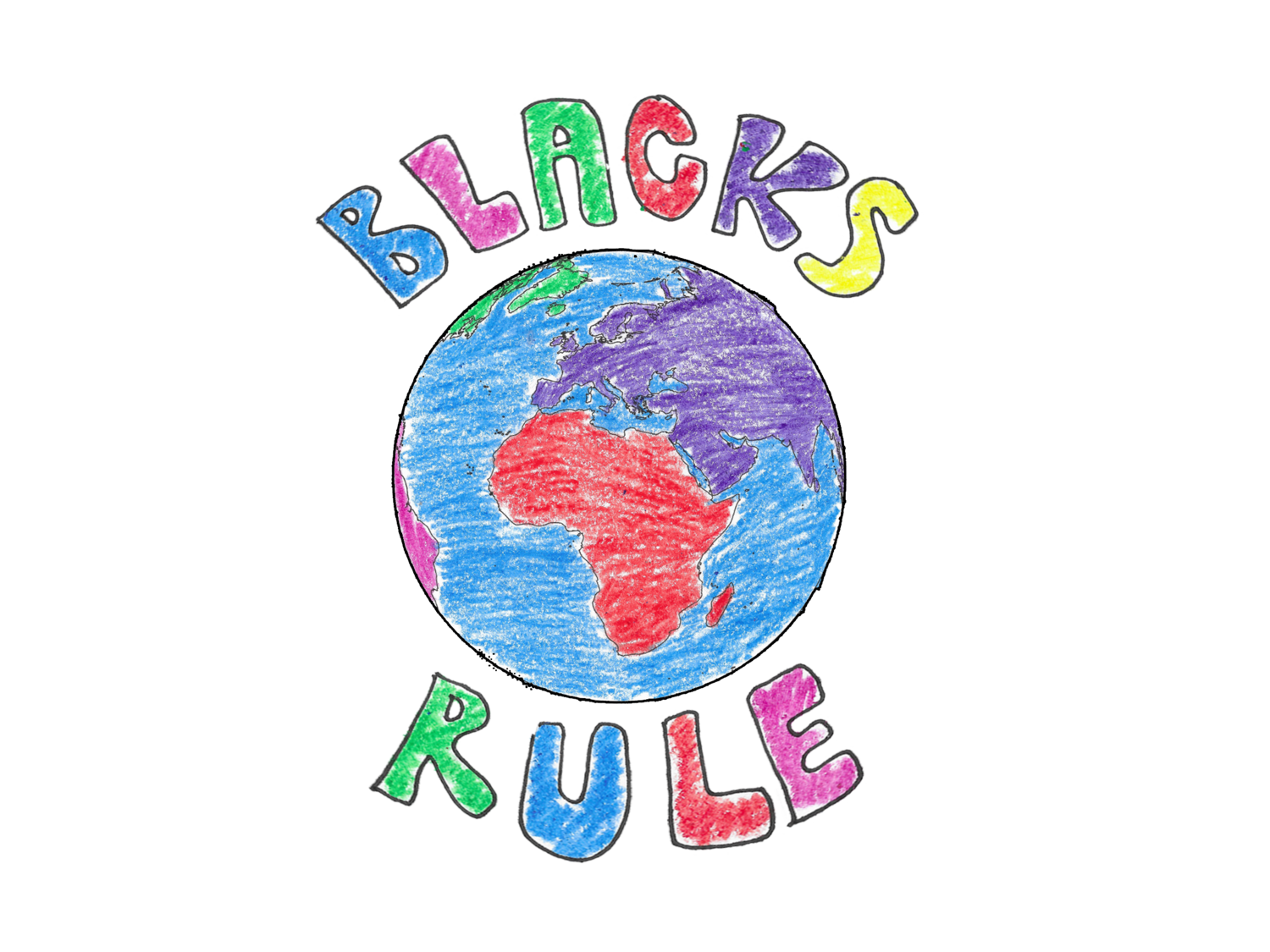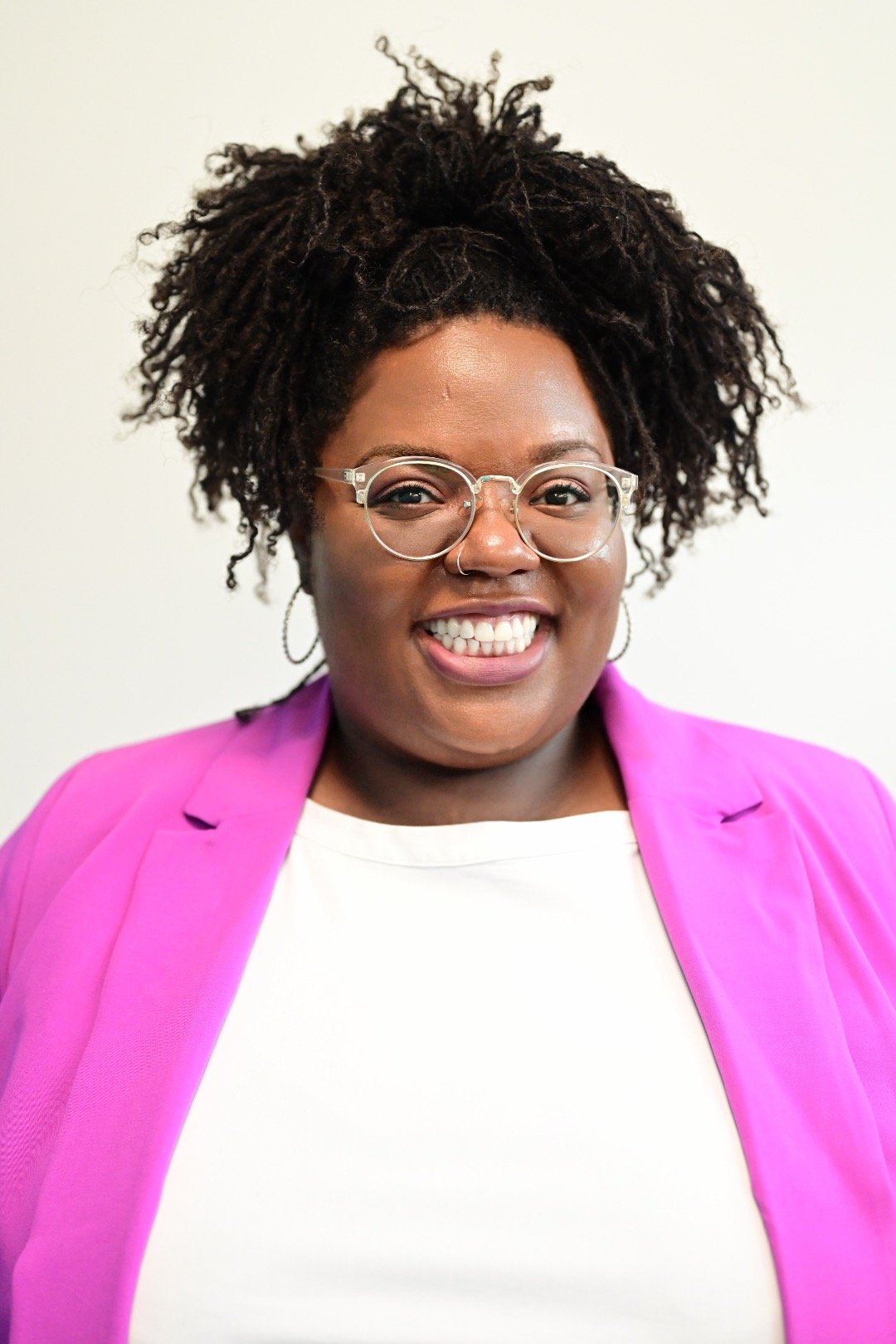Raven Freeborn, Director of Policy, Organizing, and Partnerships
When did you start working at Mamatoto Village, and what brought you to the
organization?
Raven Freeborn: I started with Mamatoto Village in April of 2019 as the Senior Policy and Advocacy Manager. However, I was an admirer of Mamatoto Village’s work in the community and prevalence in national conversations long before that. As a reproductive justice organizer, doula, and perinatal mental health therapist, I joined Mamatoto Village to amplify the conversations of Black birthing people across intersectional justice issues.
What specific policies does Mamatoto Village have internally and externally that support Black mothers?
I appreciate that Mamatoto Village provides a wellness benefit to staff and their partners to support their pre-natal, pregnancy, and postpartum journey. Externally, we show up with a spirit of authenticity to identify opportunities where we can align with community and national partners. It is our practice to ensure that partnership is a practice that supports our overall mission and vision.
We love that you call yourself a liberation strategist. So many people are in search of freedom. However, the freedom they’re in search of is the freedom to behave like the oppressor instead of seeking to be completely liberated from these systems that do not serve us. How does your belief system as a liberation strategist inform your work?
bell hooks taught us that the “personal is political.” This learning informs my work to support people and groups to imagine greater freedom and embody liberation for themselves and others. True liberation cannot be singularly experienced, so I center my work with communities of people who share or ally with my identity and experiences as Black queer femme person.
What kinds of partnerships are you seeking for Mamatoto Village next year?
Our intersectional justice agenda prioritizes issues relevant to reproductive, birth, economic, environmental, and housing justice. In 2023, we are aligning our understanding of these justice issues in policy and communities of practice. We are welcoming partnerships with organizations that understand the necessity to center Black women and birthing people in the development of
community solutions and sharing of resources!
What are your hopes for Mamatoto Village in 10 years?
We know that reproductive justice and maternal health require an intersectional lens and approach to repair histories of medical racism and cultural erasure. I hope that Mamatoto Village has led the charge in captivating diverse audiences of changemakers and leaders who support the development of more equity community-based services models that repair issues across our intersectional justice agenda.


